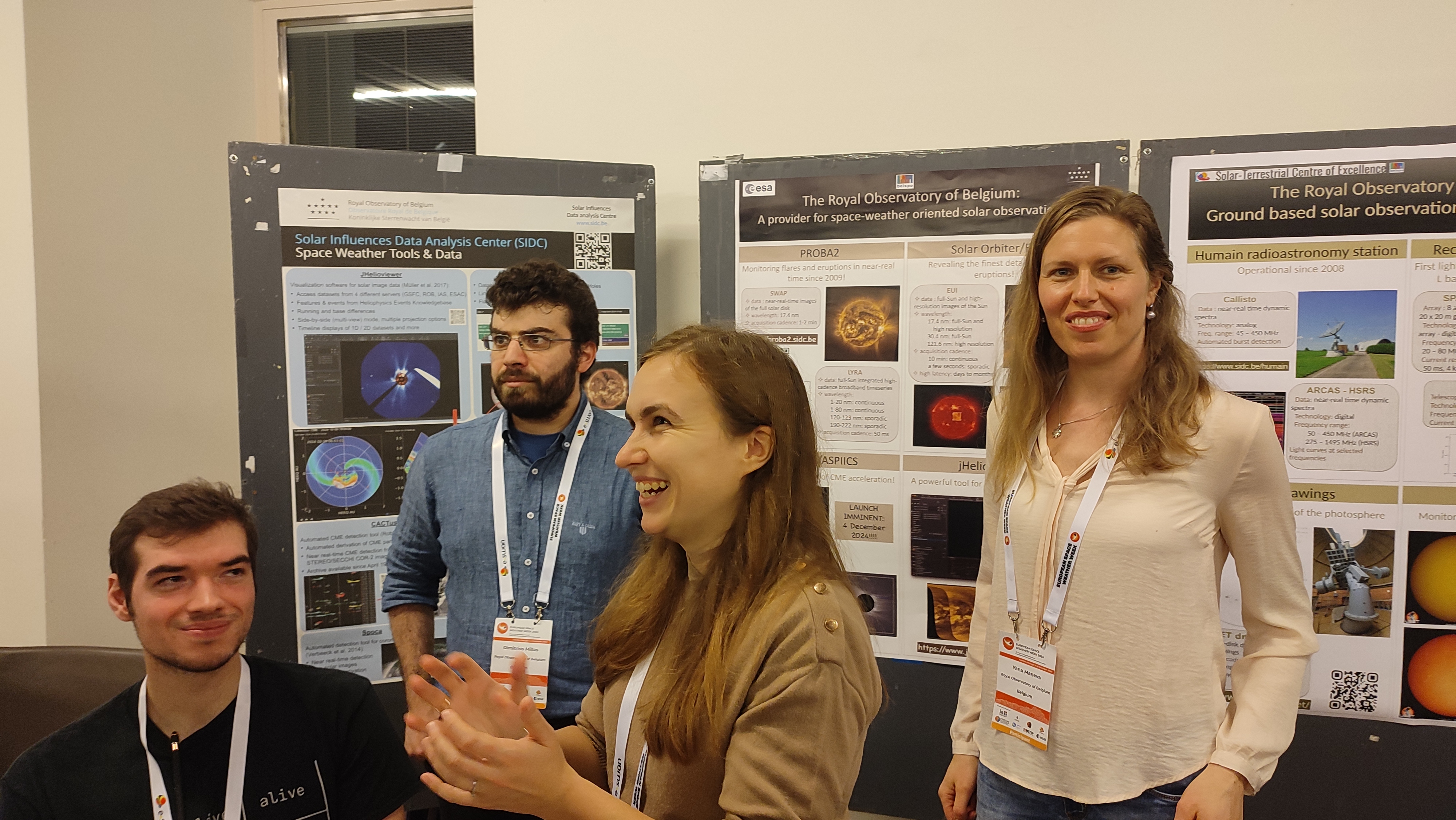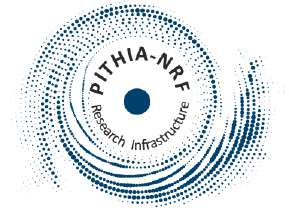November 2019: The Solar-Terrestrial Centre of Excellence (STCE) launches an unprecedented service that alerts pilots and air traffic controllers when navigation and communication systems may experience problems, or when the health of passengers and crew is at risk due to space weather. This was the very first time such messages have been sent out.
PECASUS is a global civil aviation service drawing on the expertise of the STCE, the Belgian Space Weather Centre.
STCE staff have worked hard over the past 5 years to collect the necessary data and models, to put these data into a form that allows experts and scientists to asses the state of space weather and its impacts, to ensure proper coordination with countries that are part of PECASUS and with the other 3 world centres, to enable a 24/7 service.
The STCE is the Belgian Space Weather Centre that closely monitors solar storms. As expected, the number and strength of solar storms is currently increasing. As a consequence, STCE's PECASUS operators have their hands full estimating the impact on pilot’s navigation systems and radio communications and sending out warnings.
It was a huge task and the future promises to be challenging. Therefore, STCE does not wish to just let the 5th anniversary of PECASUS go by, instead we celebrate it together with colleagues and partners.
PECASUS stands for ‘Pan-European Consortium for Aviation Space Weather User Services' and brings together several European institutes possessing leading expertise in the space weather impact domain. PECASUS is led by the FMI, the Finnish Meteorological Institute under the regulations of ICAO (International Civil Aviation Organisation).
The STCE (Belgium) provides expertise in the domain of solar physics and particle radiation expertise, and is responsible for collecting, formatting and analyzing the data and to write the bulletins.
The alerts are available on the website of FMI, the Finnish Meteorological Institute.






